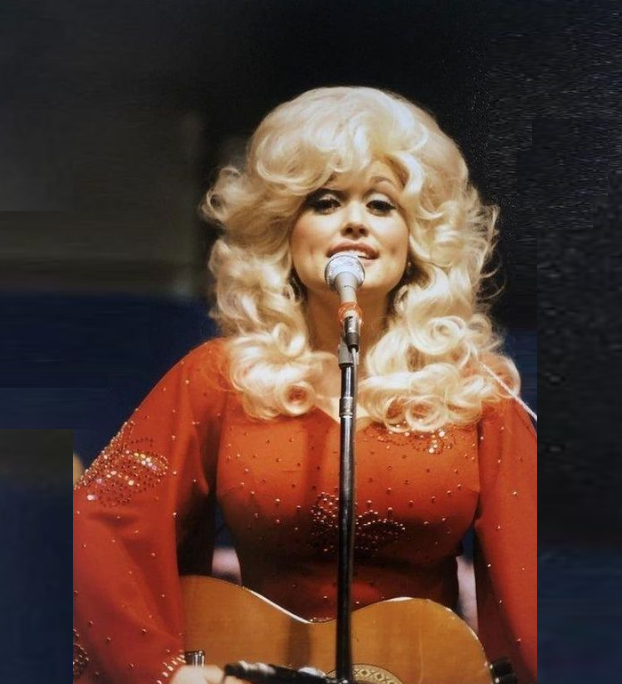
Dolly Parton, the beloved queen of country music, has long been celebrated for her catchy tunes and heartwarming lyrics. However, beneath the surface of her seemingly lighthearted songs lies a rich tapestry of social commentary and poignant themes. From women’s rights to poverty and education, Dolly Parton’s music is a reflection of the human experience, resonating with listeners on a deep and meaningful level. In this article, we will delve into some of the prominent social themes that Dolly Parton explores in her music, highlighting her role as a powerful voice for positive social change.
Women’s Rights and Empowerment
Dolly Parton has never been one to shy away from speaking her mind, especially when it comes to women’s rights and empowerment. In songs like “9 to 5” and “Just Because I’m a Woman,” she challenges the status quo and advocates for equal pay, financial independence, and the right to defy societal expectations that limit women. These songs serve as anthems for women everywhere, encouraging them to stand up, speak out, and take control of their lives.
Poverty and the Struggles of the Working Class
Raised in rural Tennessee, Dolly Parton is no stranger to the hardships faced by the working class. In songs like “Down From Dover” and “Hard Working Man,” she paints a vivid picture of the realities of financial struggles and the sacrifices that blue-collar workers make every day. Through her music, Dolly sheds light on the often-overlooked challenges faced by those living in poverty, highlighting the resilience and strength of the human spirit.
Education and Opportunity
Dolly Parton has long been a staunch advocate for education, recognizing it as a key to overcoming hardship and achieving one’s dreams. In songs like “The Little Orphan Annie,” a composition of her own, she celebrates the importance of learning and the power of knowledge. Her philanthropic efforts, such as the Dolly’s Imagination Library program, which gifts books to children, further reflect her commitment to providing educational opportunities for all.
Acceptance and Unity
Dolly Parton’s music transcends societal divisions, celebrating individuality and promoting acceptance and unity. Her flamboyant style, often dismissed as “country kitsch,” is a testament to her belief in embracing one’s uniqueness. Songs like “Coat of Many Colors” tell the story of a young girl who finds strength in her differences, inspiring listeners to embrace their own quirks and celebrate what makes them unique.
In conclusion, Dolly Parton’s music is much more than just catchy tunes and clever lyrics. It is a reflection of the human experience, touching on themes of women’s rights, poverty, education, and acceptance. Her ability to address serious issues with warmth, wit, and relatability makes her a powerful voice for positive social change, inspiring listeners around the world to stand up, speak out, and make a difference.